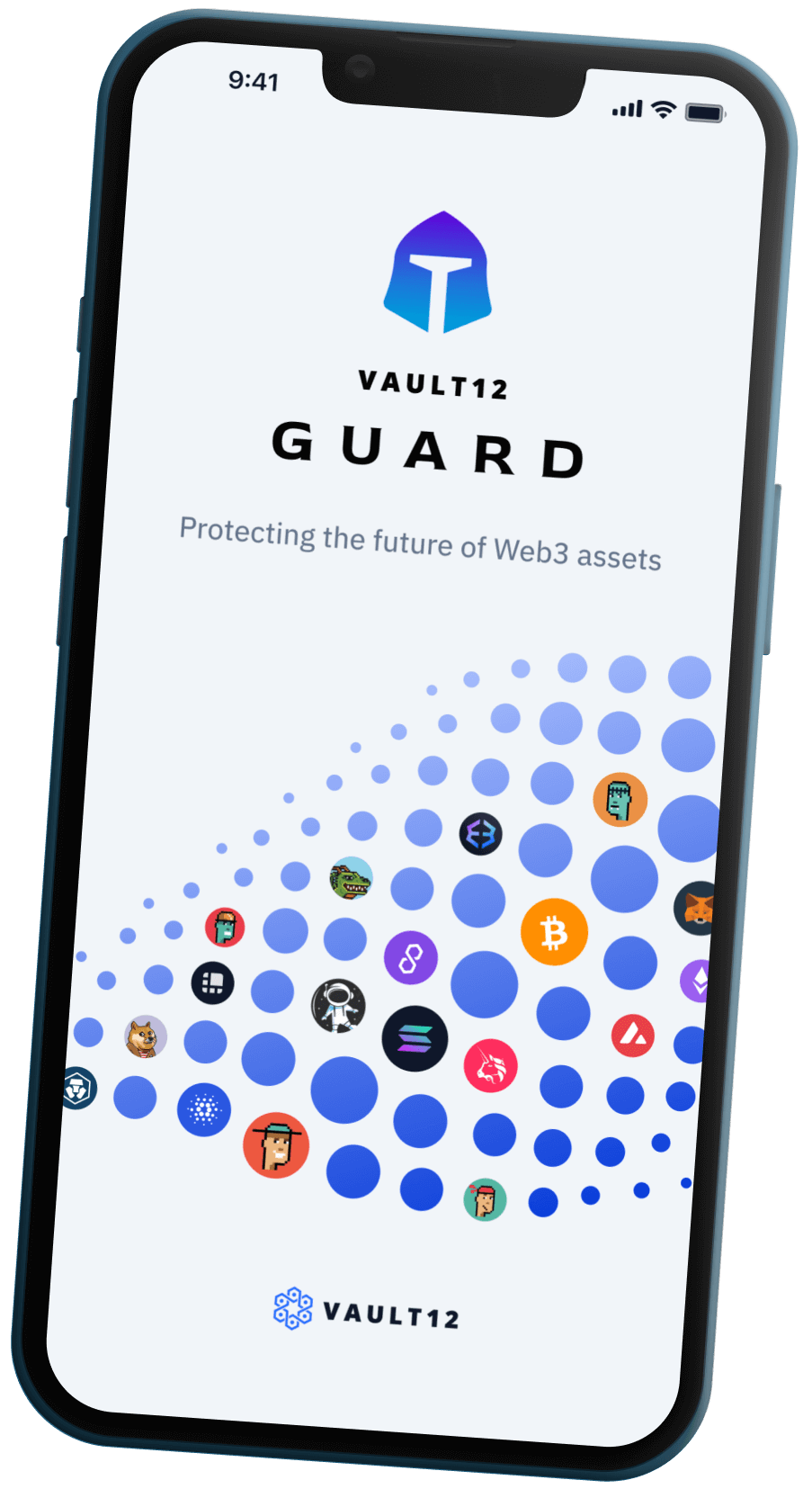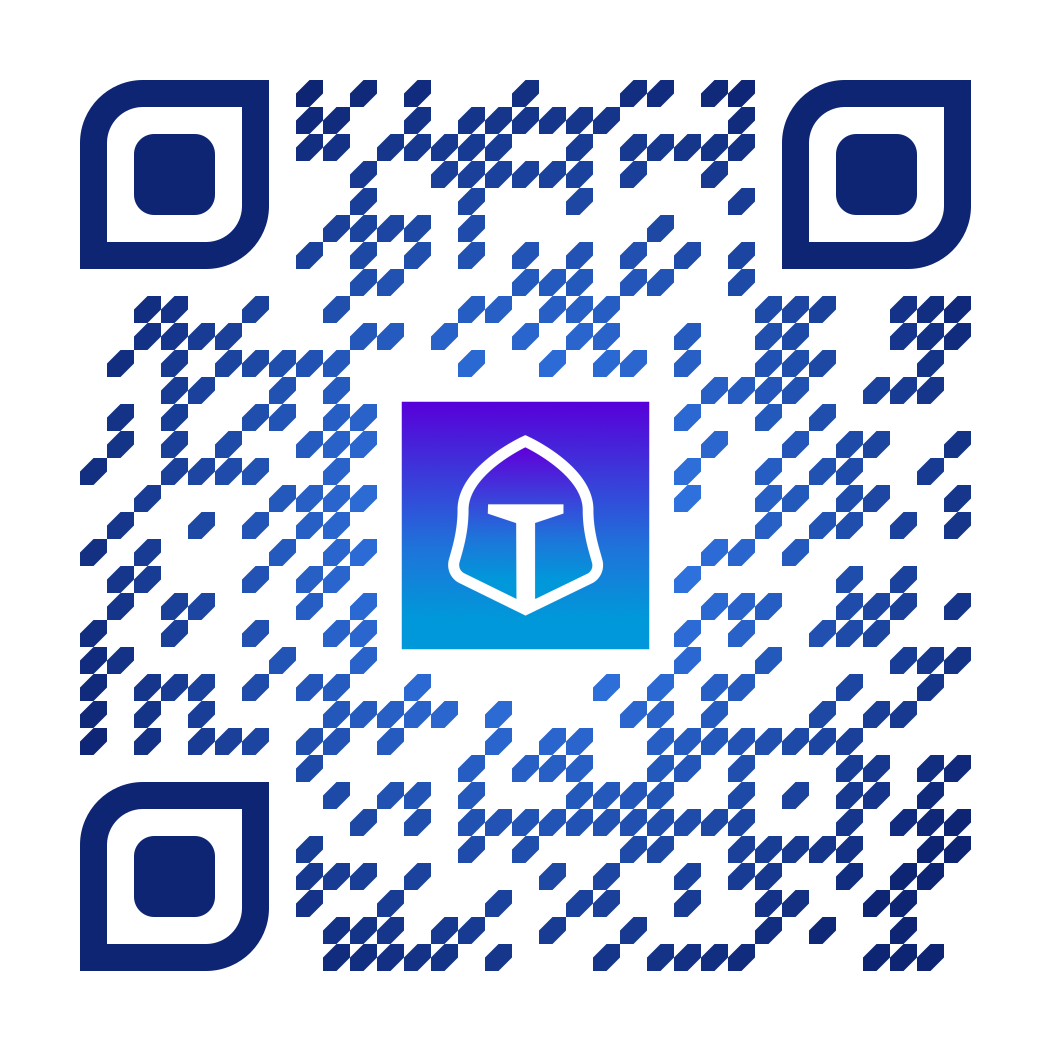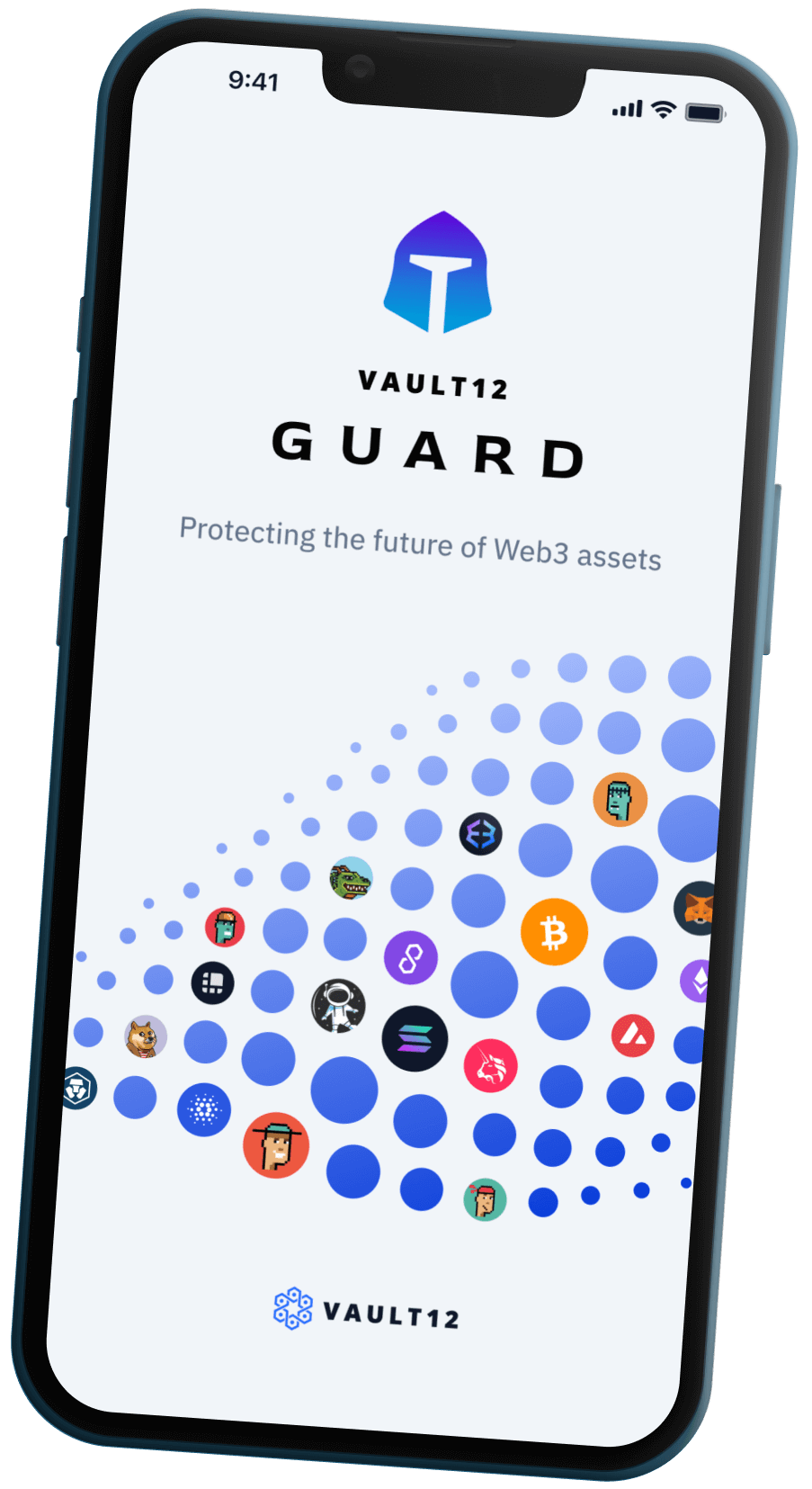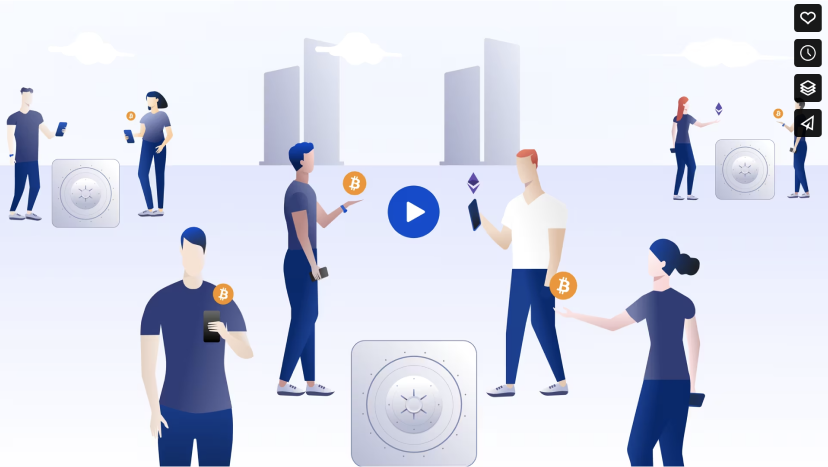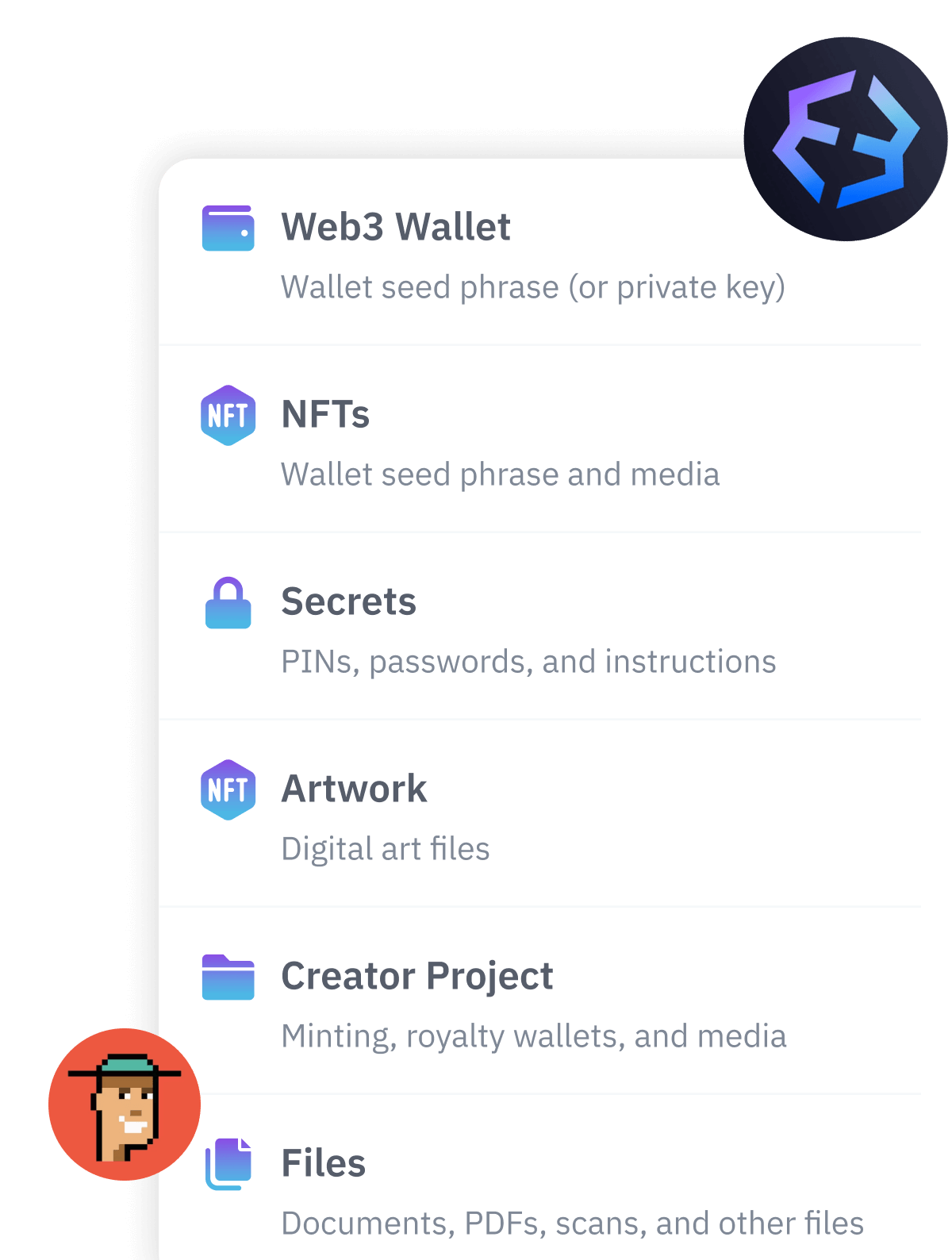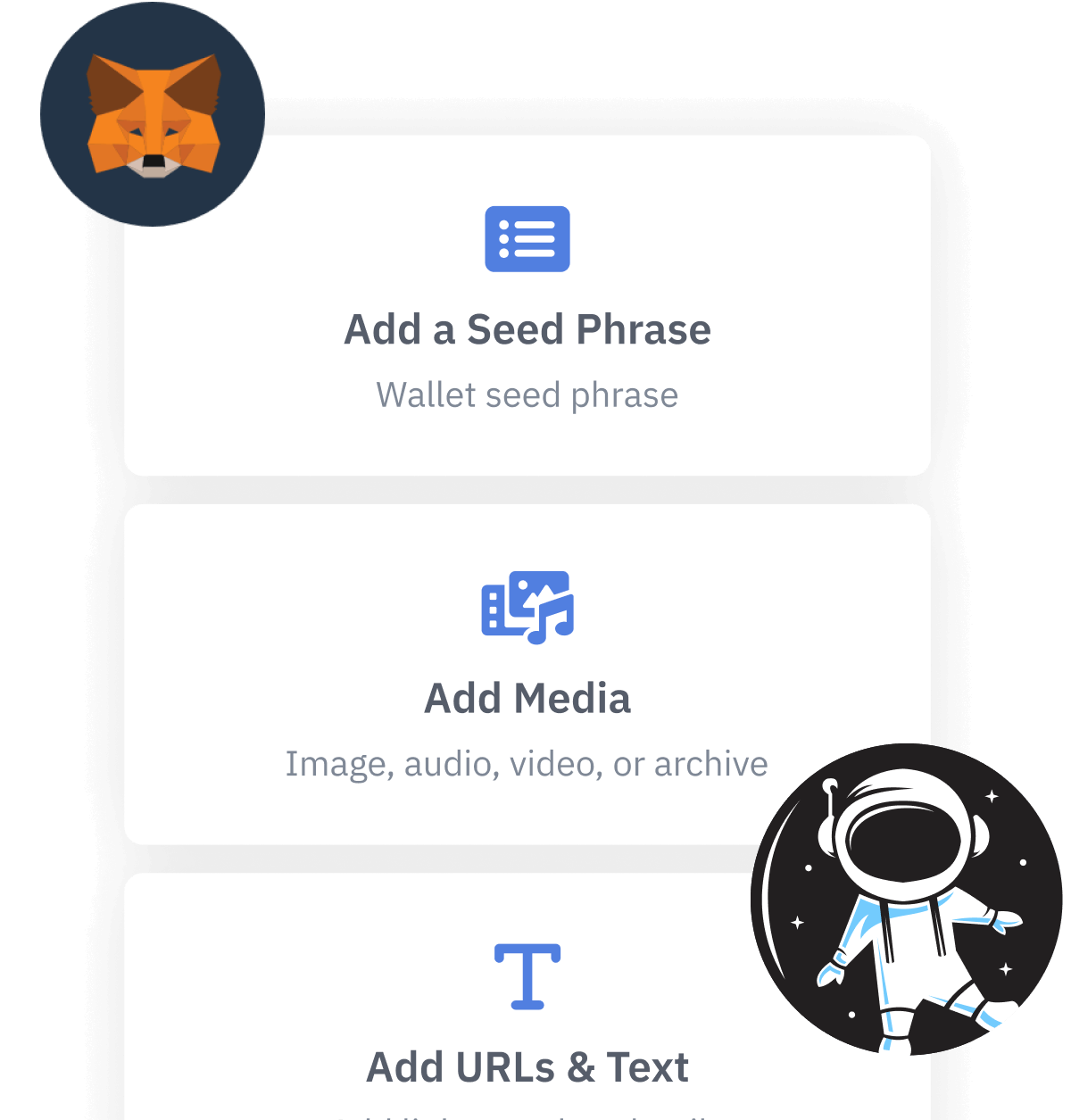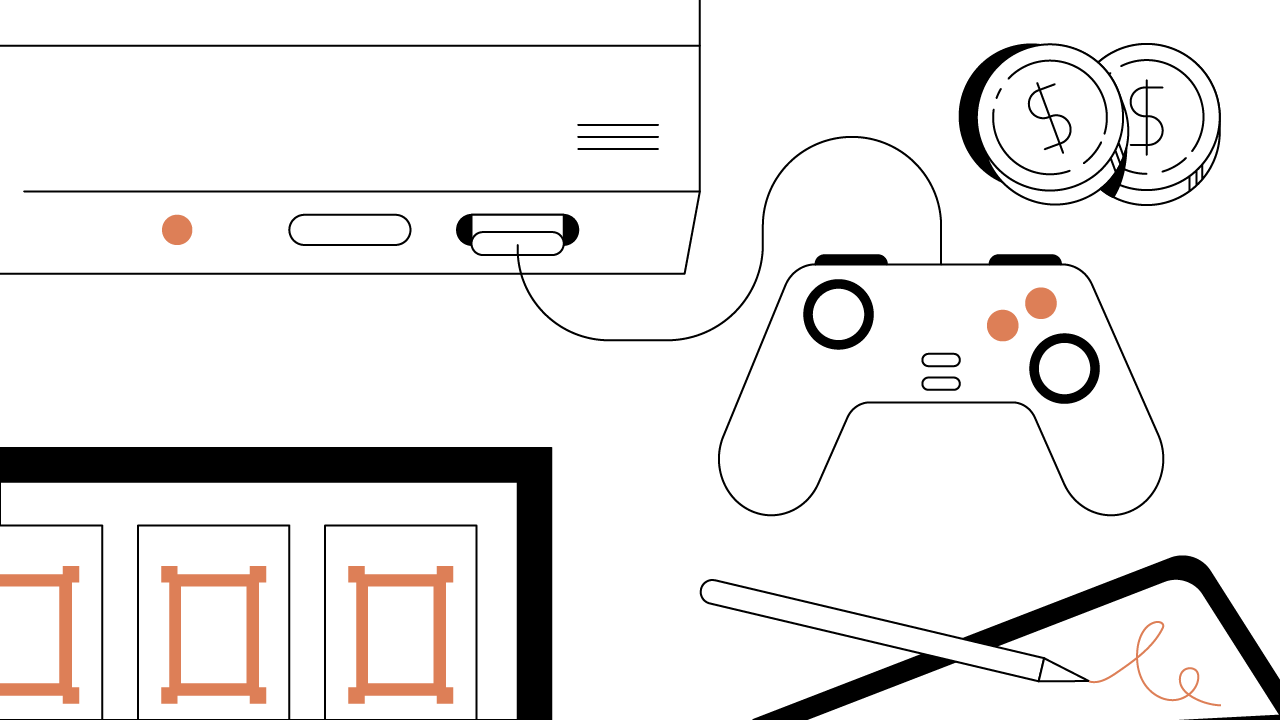
What Can You Do With Non-Fungible Tokens (NFTs) Today?
The NFT space has won the appeal of gamers, artists, luxury consumers, and digital-cat enthusiasts, yet uses for non-fungible tokens just keeps on expanding.
Summary
Non-fungible tokens (NFTs) — also known as “nifties” — are unique, indivisible, and provably scarce digital assets that are useful in gaming, art, and ensuring the provenance of luxury goods. Since the success of CryptoKitties in late 2017, the application of NFTs has grown rapidly, proving the functionality of blockchain in sectors far beyond finance and cryptocurrency.
Non-fungible tokens (NFTs) are unique, indivisible digital assets created on blockchains. Each NFT’s uniqueness can be proven by its unique label created by making use of specialized cryptographic code, and no token can be interchanged for another. In this way, NFTs are different from fungible assets like bitcoin or fiat currencies like the U.S. dollar. One bitcoin is always the same as any other bitcoin in circulation, and as such, units of bitcoin can be interchanged.
Most NFTs are built using the ERC-721 token standard, an Ethereum-compatible identifier that was created by the developers of CryptoKitties. Since CryptoKitties first achieved widespread notoriety with non-fungible token technology in 2017, the industry for NFTs has grown significantly. Now, it is commonplace to find NFTs in gaming, collectibles, and art. NFTs are even used to ensure the provenance (historical record of ownership) of luxury goods. Non-fungible tokens can also be bought, sold, and traded on digital marketplaces like OpenSea and Nifty Gateway.
Here’s an overview of where you can use NFTs today, and what you can do with them:
The CryptoKitties Universe
After the success of CryptoKitties, a number of copycats surfaced. Today, there are puppies, monsters, and even crypto celebrity NFTs that you can collect.
CryptoKitties itself evolved beyond just a digital collectible platform. CryptoKitties users can interact with third-party applications to customize and play with their digital cats.
- KittyHats — A service that offers outfits and other accessories to personalize your CryptoKitties.
- KotoWars — A battle game similar to Magic: The Gathering, whereby CryptoKitties are given a certain attack and defense score and can battle other players.
- Kittyhelper.co — This platform helps CryptoKitties holders understand how genetics, statistics, pricing, and other game mechanisms work together. Certain parameters indicate a higher chance of sharing rare CryptoKitties, which is a way to make extra money by renting them out to other users.
- NBA Top Shot — CryptoKitties worked with the National Basketball Association (NBA) to create a collection of NFTs that display animated highlights from basketball history, such as buzzer-beating three pointers and gravity-defying dunks
Games
One of the leading use cases for NFTs today is gaming. Following blockchain-first game developers to market, legacy game developers like Ubisoft are now experimenting with the technology.
As of December 2020, the top NFT-based games include:
- Sorare — With 100 soccer clubs officially licensed, Sorare lets you purchase NFTs that represent professional soccer players that can be used to play fantasy games against other collectors.
- Decentraland — Decentraland is a virtual reality universe similar to The Sims or Second Life. Inhabitants of Decentraland buy, sell, and exchange ERC-721 tokens called LAND and use an ERC-20 token called MANA to purchase other in-universe items. Inside Decentraland, there are art shows, games, and specialized events users can participate in.
- Gods Unchained — Gods Unchained is a turn-based collectible card game. NFT cards depict various characters, creatures, events, and powers, which can be used to play one-on-one against an opponent.
- My Crypto Heroes — A multiplayer role-playing game, My Crypto Heroes issues NFTs of characters and other in-game items. Players level up their characters through battles and quests.
Digital Art
NFTs provide several benefits for digital artists and collectors. Before NFTs, the inability to verify the authenticity of digital art made the industry challenging to monetize. Now, blockchain technology can track unique digital art in the form of NFTs and can also verify its provenance, authenticity, and scarcity.
Some of the most popular NFT art marketplaces are SuperRare, Nifty Gateway, Know Origin, and MakersPlace. The mainstream art world has also taken notice. Prestigious art auction house Christie’s New York recently sold its first piece of NFT art — a circular panel inscribed with 300,000 digits of Bitcoin code that reacts to its geographical location and time of day — for $131,250 U.S. dollars
Other Applications
Owning the perfect domain name can mean increased traffic to your website and, in turn, increased profits. Domains are scarce, and purchasing the right one is often costly and time-consuming. Linking a domain to an NFT creates an immutable history of its journey for tracking purposes. It also makes it easier to buy, sell, and trade a domain — without any middlemen. Additionally, NFT domains can easily plug into other NFT systems. For example, Ethereum Name Service (ENS) and Unstoppable Domains are two providers of domains linked to NFTs.
Counterfeiting is a problem often faced by the producers of consumer goods. The global impact of counterfeit goods is expected to reach $4.2 trillion by 2022. Customers want to know that the exclusive hoodie, purse, or rare diamond they have purchased is authentic. Real world objects linked to NFTs offer a way to track the lifecycle and journey of the item and verify its authenticity. Louis Vuitton is experimenting with NFTs to solve this problem, along with other brands within the LVMH conglomerate and diamond specialist De Beers.
As the NFT industry grows, developers are looking to make improvements on the ERC-721 token standard and offer entrepreneurs more flexibility. ERC-1155, for instance, is a standard that allows for a single smart contract to manage multiple token types — including fungible tokens, non-fungible tokens, and tokens that fall in between both classifications.
NFTs have expanded blockchain use cases in business sectors far beyond finance, while appealing to a diverse audience of gamers, artists, luxury consumers, and digital cat enthusiasts alike. The NFT space is just starting to reach its initial adoption phase, and non-fungible tokens have the potential to vastly alter our relationship with the digital world by introducing object-based verifiable digital scarcity.
Cryptopedia does not guarantee the reliability of the Site content and shall not be held liable for any errors, omissions, or inaccuracies. The opinions and views expressed in any Cryptopedia article are solely those of the author(s) and do not reflect the opinions of Gemini or its management. The information provided on the Site is for informational purposes only, and it does not constitute an endorsement of any of the products and services discussed or investment, financial, or trading advice. A qualified professional should be consulted prior to making financial decisions. Please visit our Cryptopedia Site Policy to learn more
What Can You Do With Non-Fungible Tokens (NFTs) Today?
The NFT space has won the appeal of gamers, artists, luxury consumers, and digital-cat enthusiasts, yet uses for non-fungible tokens just keeps on expanding.

Gemini Cryptopedia
Gemini is a next generation cryptocurrency exchange and custodian that allows customers to buy, sell, and store digital assets.
Vault12 is NOT a financial institution, cryptocurrency exchange, or custodian. We do NOT hold, transfer, manage, or have access to any user funds, tokens, cryptocurrencies, or digital assets. Vault12 is exclusively a non-custodial information security and backup tool that helps users securely store their own wallet seed phrases and private keys for the purpose of inheritance. We provide no legal or financial services, asset management, transaction capabilities, or investment advice. Users maintain complete control of their assets at all times.
You will lose your Bitcoin and other crypto when you die...
...unless you set up Crypto Inheritance today.
It's simple — if you don't worry about crypto inheritance, nobody else will — not your software or hardware wallet vendors, not your exchanges, and not your wealth managers. So it's up to you to think about how to protect the generational wealth you have created, and reduce the risks around passing that crypto wealth on to your family and heirs. What are the challenges with crypto inheritance?
- Crypto Wallets are difficult to use and do not offer crypto inheritance management. In fact, most of them tell you to write down your seed phrase on a piece of paper, which is practically useless.
- Some people back up their wallet seed phrases or private keys on paper, local devices like hardware wallets or USBs, or in the cloud. All of these options have severe drawbacks that range from hacking to accidental loss to disrupted cloud services.
- Software wallets operate on specific blockchains, yet your crypto assets span multiple blockchains. For inheritance to work, you must be able to manage inheritance across every blockchain — now and forever.
Pioneering Crypto Inheritance: Secure Quantum-safe Storage and Backup
Vault12 is the pioneer in Crypto Inheritance, offering a simple yet powerful way to designate a legacy contact and pass on your crypto assets—like Bitcoin (BTC), Ethereum (ETH) and Solana (SOL) —to future generations. Built for everyday users yet robust enough for the most seasoned crypto enthusiasts, Vault12 Guard ensures your wallet seed phrases and private keys are preserved in a fully self-sovereign manner, across all Blockchains.
At the heart of Vault12 Guard is quantum-resistant cryptography and a decentralized, peer-to-peer network of trusted Guardians. Your critical information is never stored in the cloud, on Vault12 servers, or even on local devices—dramatically reducing the risk of a single point of failure. By fusing a powerful software layer with the Secure Element of iOS devices (Secure Enclave) and Google devices (Strongbox), Vault12 Guard locks down your private keys against present and future threats.
Our innovative approach harnesses social recovery, enabling you to appoint one or more trusted individuals or mobile devices as Guardians. These Guardians collectively safeguard your protected seed phrases in a decentralized digital Vault—so there’s no need for constant lawyer updates or bulky paperwork. Should the unexpected happen, your chosen legacy contact can seamlessly inherit your crypto assets without compromising your privacy or security.
Preserve your digital wealth for generations to come with Vault12 Guard—the simplest, most secure way to manage crypto inheritance and backup.
Take the first step and back up your crypto wallets.
Designed to be used alongside traditional hardware and software crypto wallets, Vault12 Guard helps cryptocurrency owners back up their wallet seed phrases and private keys (assets) without storing anything in the cloud, or in any single location. This increases protection and decreases the risk of loss.
The first step in crypto Inheritance Management is making sure you have an up-to-date backup.
The Vault12 Guard app enables secure decentralized backups, and provides inheritance for all your seed phrases and private keys across any blockchain, including Bitcoin, Ethereum, and others, and for any crypto wallet.
Note: For anyone unfamiliar with cryptocurrencies, Vault12 refers to wallet seed phrases and private keys as assets, crypto assets, and digital assets. The Vault12 Guard app includes a software wallet that works alongside your Digital Vault. The primary purpose of this is to guard your Bitcoin (BTC) and Ethereum (ETH) wallet seed phrases, private keys, and other essential data, now and for future generations.

